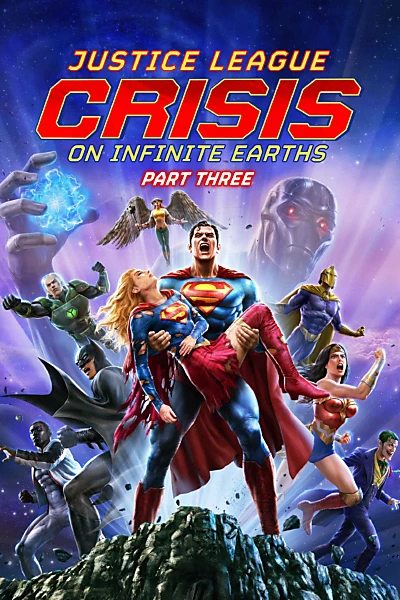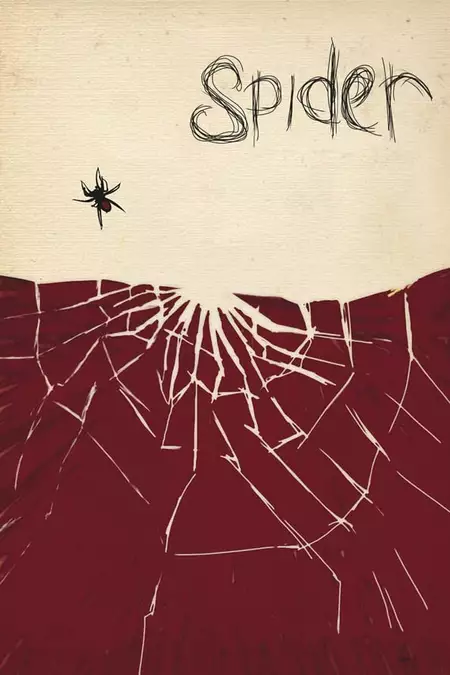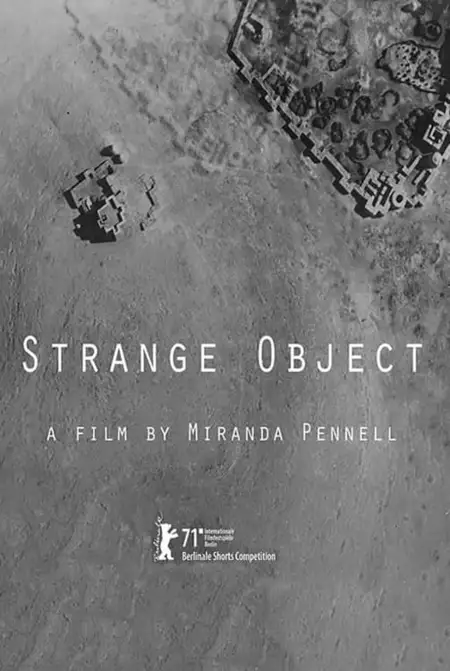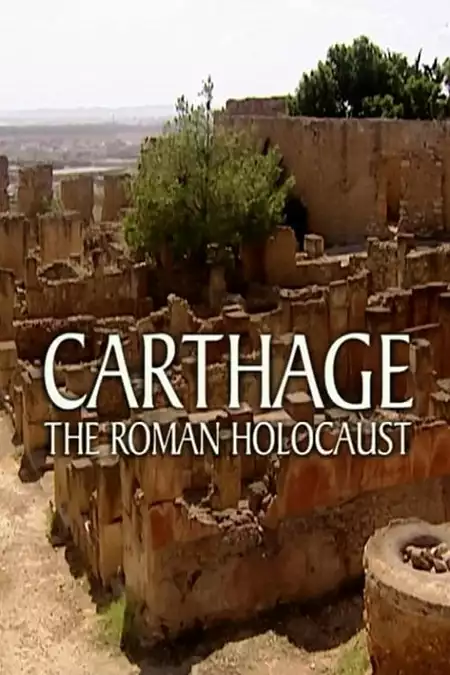Carthage: The Roman Holocaust (2004)
1h 45m
Running Time
June 15, 2004Release Date
Carthage: The Roman Holocaust (2004)
1h 45m
Running Time
June 15, 2004Release Date
Network & Production Companies

Plot.
When Rome was still in its infancy, Carthage was the dominant power of the Mediterranean. As Rome grew, Carthage remained its only great rival. It was that rivalry that drove Rome to utterly destroy Carthage, and massacre its people.
Where to Watch.
 Subs
Subs Subs
SubsCurrently Carthage: The Roman Holocaust is available for streaming online, rent, buy or watch for free on: Amazon Prime Video, Amazon Prime Video with Ads
Streaming in:🇨🇦 Canada

Cast & Crew.

Richard Miles
Writer

Joseph Maxwell
Director

Joseph Maxwell
Director

Sonali Fernando
Producer

Paul Pritchard
Composer

Patrick Duval
Cinematographer

Faye
Cinematographer

Mark Knowles
Editor
Details.
You May Also Like.
Look at the other titles that might be interesting for you

Outside (2024)
Movie

Justice League: Crisis on Infinite Earths Part Three (2024)
Movie

Ape vs Mecha Ape (2023)
Movie
6.33

Granit (2021)
Movie
5

Desperation Road (2023)
Movie

Big Trip 2: Special Delivery (2022)
Movie

Jigen Daisuke (2023)
Movie

Poker Face (2022)
Movie

Fingernails (2023)
Movie

Spider (2007)
Movie

Gabriel's Inferno: Part II (2020)
Movie
5.5

Rewind (2023)
Movie

Doctor Who: Last Christmas (2014)
Movie

Getting There (2002)
Movie
1

Stan Lee (2023)
Movie

Crisis Negotiators (2024)
Movie

Le Clan (2023)
Movie

Doctor Who: Dark Water / Death in Heaven (2014)
Movie

Star (2015)
Movie

Strange Object (2020)
Movie

